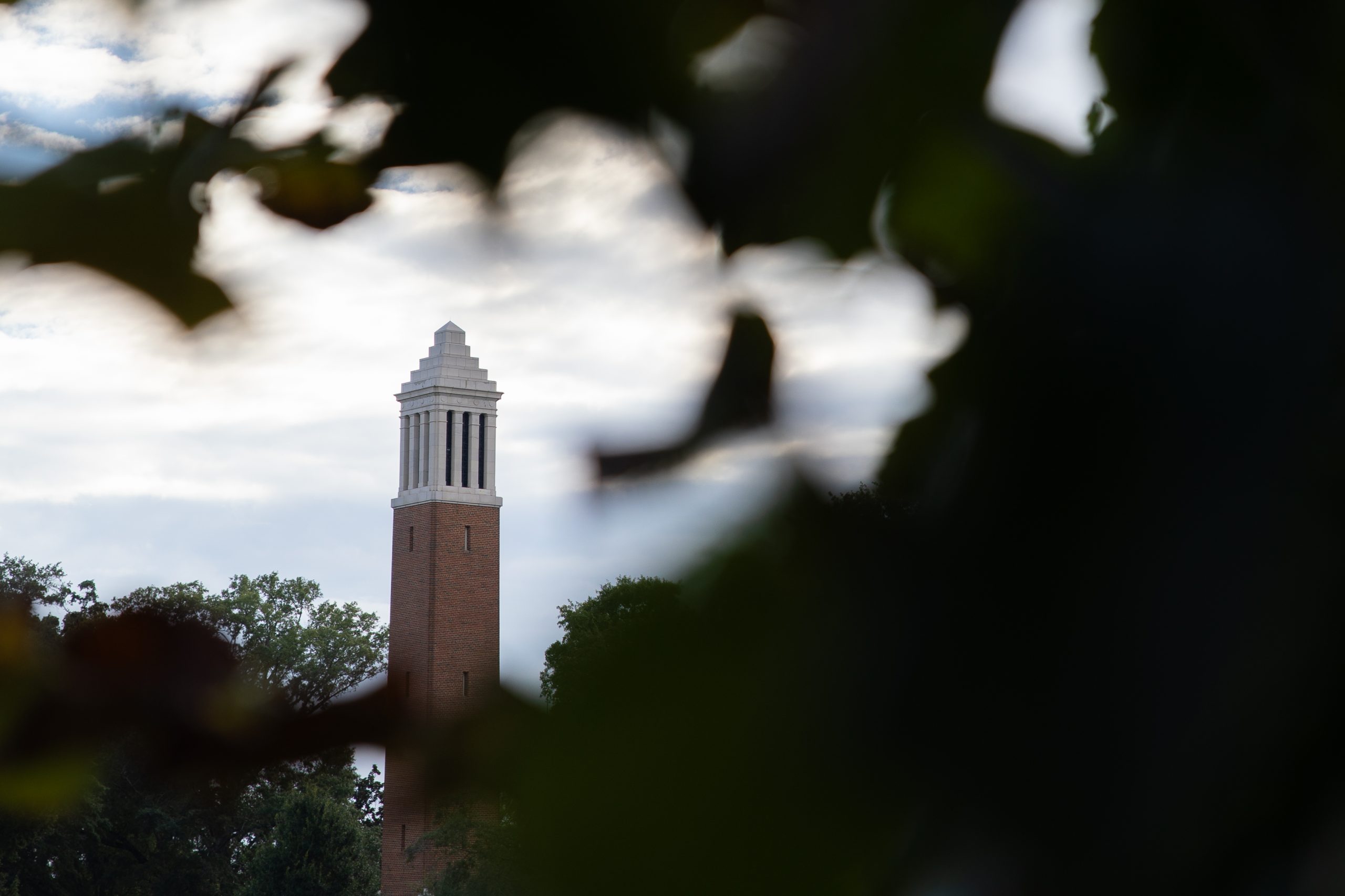Immigrants make America great
October 15, 2018
In 2016, then-candidate Donald Trump broadly characterized Mexican immigrants with the assertion: “They’re bringing crime. They’re rapists,” only pausing to qualify his highly offensive – and empirically dubious – statement to add “And some, I assume, are good people.” These remarks have proven to be reflective of the Administration’s broader immigration goals that are central aspects of his platform.
Trump’s vision of America, presumably a homogenous society safeguarded from foreign intrusion by the grace of an unyielding wall, is part-in-parcel with the MAGA agenda. As a voter, it’s important to evaluate this vision by considering what has historically made America great, particularly within the context of immigration.
In addition to the large body of economic literature establishing the fiscal value to immigration, there exists an abundance of personal examples that demonstrate the extent to which immigrants have bettered America, and vice versa.
To illustrate this point, consider Enrico Fermi, the Italian physicist that emigrated from Italy in 1939 and shortly thereafter developed the first nuclear reactor under the auspices of the United States war effort during World War II. Fermi’s work on the Manhattan Project allowed the U.S. to weaponize the atomic bomb before Nazi scientists Werner and Heisenberg were able to.
Although this case is merely anecdotal, the immediate strategic implications of Fermi’s work are undeniably profound, and his legacy offers a salient lesson: Our country is prosperous and secure because of our diversity, not in spite of it.
I often remind my conservative friends and colleagues that Trump’s configuration of American values sometimes strays from the brand of conservatism that he purportedly ascribes to. The MAGA mantra was a calculated appropriation of Ronald Reagan’s 1980 presidential campaign slogan “Let’s Make America Great Again,” yet I doubt whether President Reagan would endorse the President Trump’s impractical desire to deport the estimated 11 million undocumented immigrants currently living in the U.S.
Quite to the contrary, during a 1984 presidential debate with Democratic opponent Walter Mondale, Reagan famously proclaimed his support for immigrants and their right to earn citizenship.
“I believe in the idea of amnesty for those who have put down roots and lived here,” Reagan said. “Even though sometime back they may have entered illegally.”
Evidently this idea, among a host of others, was well-received by Americans. Reagan carried an overwhelming 49 of 50 states in the 1984 presidential election. Delivering on this promise, the eventual “Reagan Amnesty” bill of 1986 would grant citizenship to some three million undocumented immigrants. To my knowledge, at least two of my closest friends here at the University are second generation Reagan Amnesty beneficiaries, and our school and our country are better because of it.
To be sure, immigration policy is far more nuanced than my account here would seem to suggest, and there are pressing border security concerns that our legislators must always take into account. Nonetheless, since its inception in 1782, the Great Seal of the United States has been inscribed with the Latin phrase “E pluribus unum,” translating to “Out of many, one.” Bearing this principle in mind, I ask you to consider your own immigrant heritage and how you might honor that tradition amidst the “America First” rhetoric of today.










![NEWS | Black students reported receiving anonymous racist text messages last week with language referencing slavery; for some, however, this is not the first encounter with racism at the University, which has not publicly addressed the texts.
While those text messages were part of a larger nationwide trend, Black UA students have encountered racism both before and after the general election last Tuesday.
When freshman marketing major Alyse McCall received these text messages, part of her felt like the messages could be legitimate threats from someone local.
“A lot of the kids here are kind of crazy sometimes when it comes to politics or [when they’re] just out on the street talking about people that are another race or what they represent,” McCall said.
📸 CW / Riley Thompson
🖋️ CW / Jacob Ritondo
Read the full story at the link in our bio.
#theuniversityofalabama #universityofalabama #alabama #uofa #ua #tuscaloosa #tuscaloosaalabama #alabama #bama](https://thecrimsonwhite.com/wp-content/plugins/instagram-feed/img/placeholder.png)